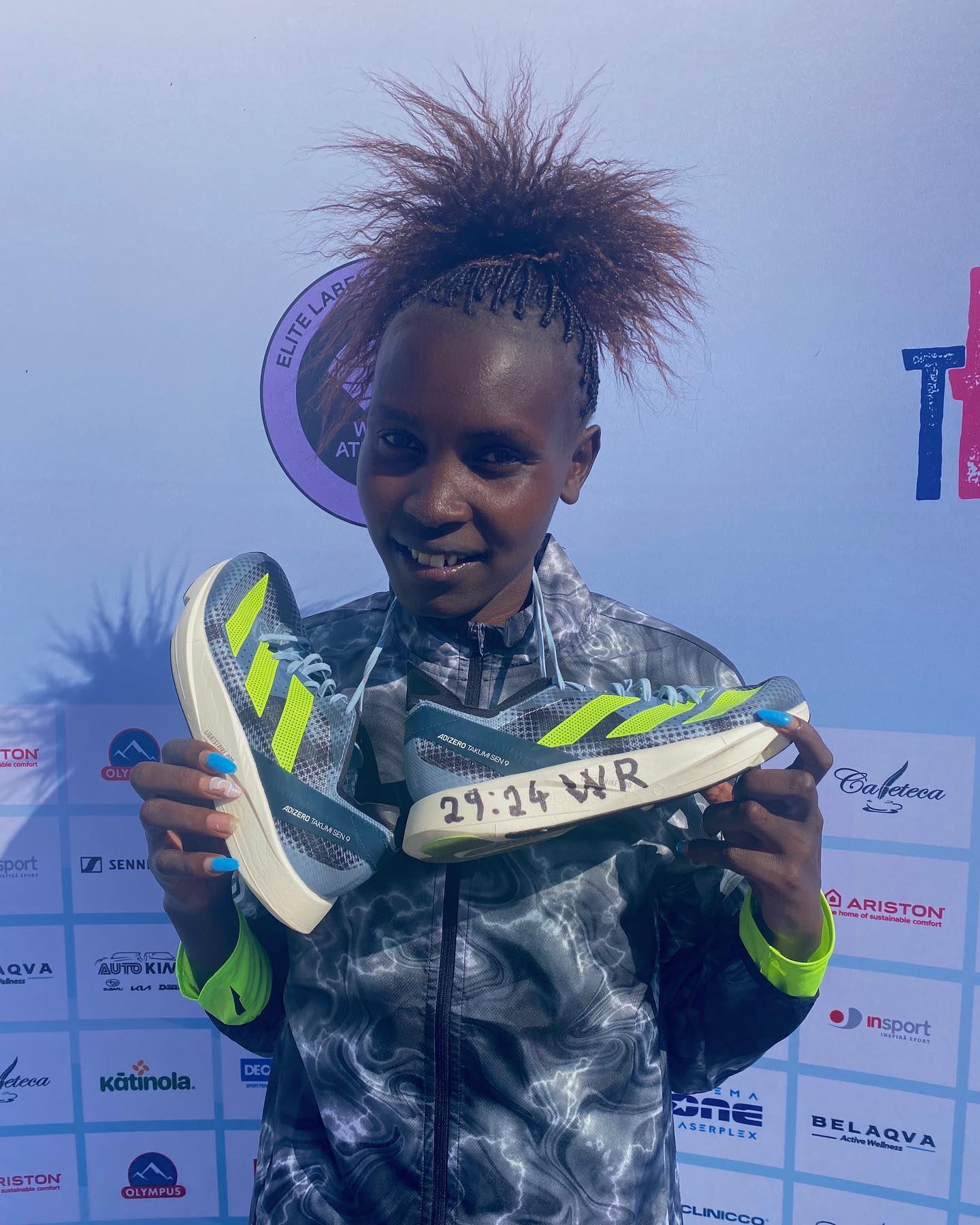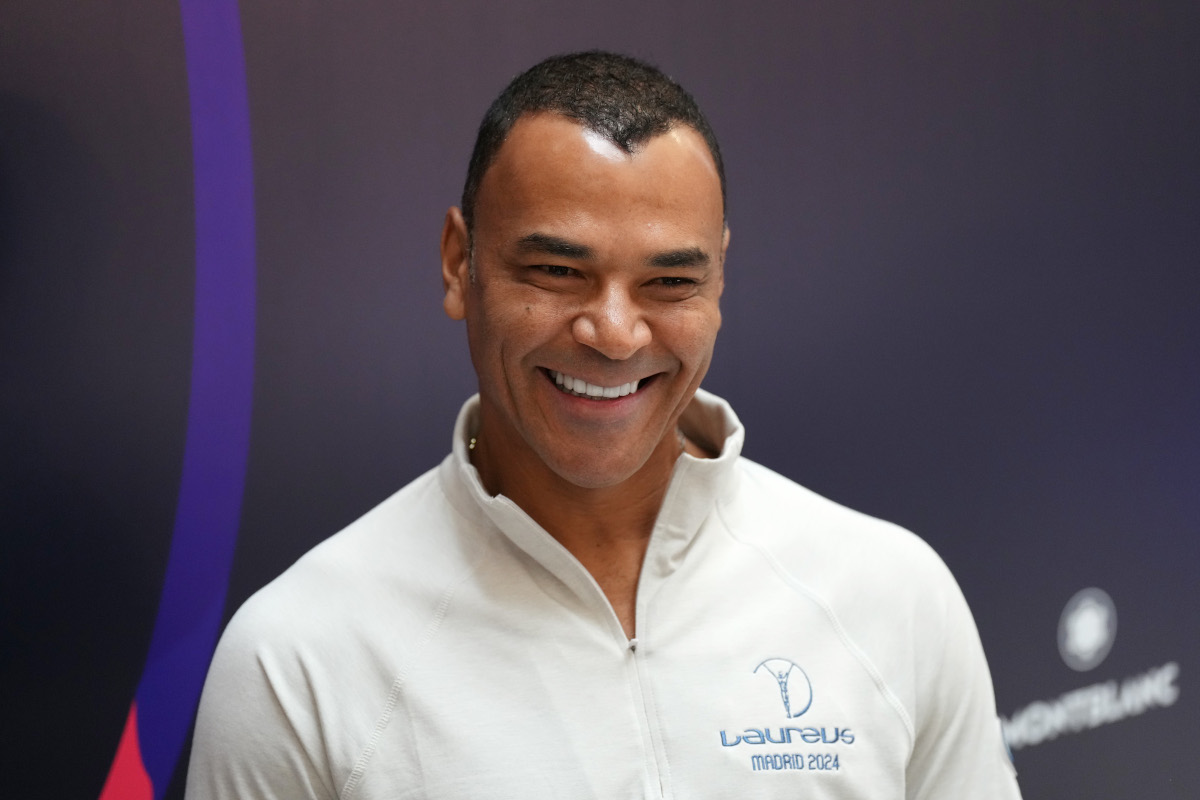
A neurodivergent designer who refers to his dyslexia as his “superpower” has said he feels “really pleased” that his origami dresses will be showcased at London Fashion Week (LFW). Darryl Bedford, 55, from Fulham in west London, creates paper art, which he calls drawstring origami, using a combination of techniques including origami, the art of folding paper, and kirigami, a method of cutting and folding paper to create three-dimensional shapes. He has collaborated with Gareth Volka, a London-based fashion designer and architect, to transform his art into five dresses which will appear on the runway on Saturday at LFW.
The artist, who is originally from Perth in Western Australia but moved to London in 1998, lives with dyslexia, which he considers his “strength” when creating origami and kirigami art. “Being invited (to LFW) to actually be a neurodivergent designer, I feel really pleased about that,” he told the PA news agency. “(My dyslexia) is such a strength.

I am able to see things in such a completely different way, and I feel as though that’s my superpower.” Mr Bedford, who also teaches deaf children, began working with origami and kirigami after his mother died five years ago, which he said helped to process his grief. “When I first started my art form I used it as a form of therapy.
I was actually suffering trauma through the death of my mother,” he said. “I think when you are grieving, people very much have heightened states. For me, it was heightened fidgety.
“That was where I started with the origami and it just allowed me to centre myself.” His designs have been curated by the Bullock Inclusion, a charity helping to create events and campaigns promoting more inclusion for people living with disabilities. “What (the charity) do is they’re looking for accessibility through the materials, the models, the artists, and through the designers, which is quite interesting,” Mr Bedford said.
He said he believes the fashion industry and other occupations should be more understanding of neurodiverse people and those living with disabilities. “I do believe that there needs to be more neurodivergent understanding,” he said. “When there’s more understanding of neurodivergent thinking, then there’ll be a lot more ability for people to be able to hire and to understand and to be able to develop within their workplace.
” He said he enjoys making tactile creations and described his wearable designs as both rigid and flexible. “I love touch. I love the idea of articulating a form, so that’s the reason why I designed and developed this technique because not only is it rigid and has the same sort of feel and appeal of origami, it’s also very flexible,” he explained.
He won the Paper on Skin Award 2024, a gala event showcasing wearable garments made from paper, and he hopes to continue displaying his designs on the runway in the future. “I just love performance. I love the runway.
I definitely haven’t finished yet. I’ve only just started to tell the truth,” he said. He said the future of fashion is “definitely recyclability” and hopes his art will one day become a mainstream clothing material that is environmentally friendly and sustainable.
He has urged other aspiring designers to “always connect with the things we love”. “It’s so important to pursue a passion. There’s so much therapy that’s built into that,” he said.
“Whatever it may be, it really is a very important thing. It’s healing, life-affirming and it’s just basically an essential part of a human being.”.















